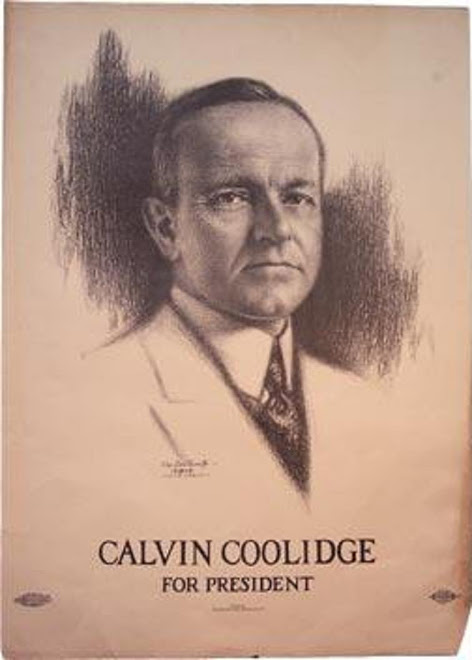Wikipedia's article on natural law explains that
natural law is the doctrine that just laws are immanent in nature (that can be claimed as discovered but not created by such things as a bill of rights) and/or that they can emerge by [the] natural process of resolving conflicts (as embodied by common law). These two aspects are actually very different, and can sometimes oppose or complement each other, although they share the common trait that they rely on immanence as opposed to design in finding just laws. In either case, law seeks more to discover a truth that is considered to exist independent and outside of the legal process itself, rather than simply to declare or apply a principle whose origin is inside the legal system.The article later refers to anarcho-capitalism and legal positivism. Regarding anarcho-capitalism, Wikipedia says that
The concept of natural law was very important in the development of Anglo-American common law. In the struggles between Parliament and the monarchy, Parliament often made reference to the Fundamental Laws of England which embodied natural law since time immemorial and set limits on the power of the monarchy. The concept of natural law was expressed in the English Bill of Rights and the United States Declaration of Independence -- and by 19th-century anarchist and legal theorist, Lysander Spooner....
Libertarians in general, and anarcho-capitalists in particular, have developed two different approaches to their theories, from a utilitarian point of view, or from a point of view of natural law. Some of them defend one approach and dismiss the other, whereas some of them, like Bastiat, claim an inherent harmony or correspondence between the two complementary approaches.Then, there's Wikipedia's take on legal positivism:
The Natural Law approach...argues that the existence of the state is immoral, and that unlimited capitalism is the only ethical political system, or rather anti-political system. The Utilitarian approach...argues that abolition of the state in favour of private businesses is economically more efficient. The Harmonic approach argues both as equivalent statements....
The principal claims of legal positivism are:I agree with legal positivists that "legal validity has no essential connection with morality or justice." There's abundant evidence of the truth of that statement. Much law, today, is a creature of special interests and political correctness -- avarice and prejudice masquerading as morality.
• that laws are rules made by human beings; and
• that there is no inherent or necessary connection between law and morality.
Stated this way, it may surprise some that this is a controversial concept. Legal positivism stands in opposition to various contrary ideas that call themselves the tradition of natural law, a body of legal theory asserting that there is an essential connection between law and justice. Legal positivism…incorporates the separation thesis: the idea that legal validity has no essential connection with morality or justice...
However, when it comes to finding the source of rights, I favor the kernel of truth to be found in this statement of the Utilitarian theory of anarcho-capitalism: "abolition of the state in favour of private businesses is economically more efficient." The kernel of truth is that rights (including, but not limited to, property rights) ought to exist because their existence and enforcement make us better off than we would be in their absence or non-enforcement. Anarcho-capitalists simply go overboard when they assert that rights can exist without the protection of the state. (Whose rights? I must ask.) Unfortunately, of course, the state that recognizes and protects rights is the same state that denies and suppresses them.
A complementary truth about rights lies in the version of the natural law doctrine which says that just laws (the embodiment of rights) "emerge by [the] natural process of resolving conflicts."
In sum, rights arise out of the process of resolving conflicts because they serve the general good. The role of the state in all of this is (or should be) to recognize our rights and to defend us and those rights from predators, without and within.*
__________
*Another way of arriving at this conclusion can be found in my earlier posts on the origins of modern libertarianism in the philosophies of John Stuart Mill and Friedrich A. Hayek (here and here), where I said:
Mill instructs us that personal freedoms should be preserved because through them we become more knowledgeable and more capable; therefore, the state should intervene in our lives only to protect us from physical harm. Hayek then makes the case that the personal and the economic are inseparable: We engage in economic activity to serve personal values and our personal values are reflected in our economic activity. Moreover, the state cannot make personal and economic decisions more effectively than individuals operating freely within an ever-evolving societal network, and when the state intervenes in our lives it damages that network, to our detriment. That is the essence of modern libertarianism.
